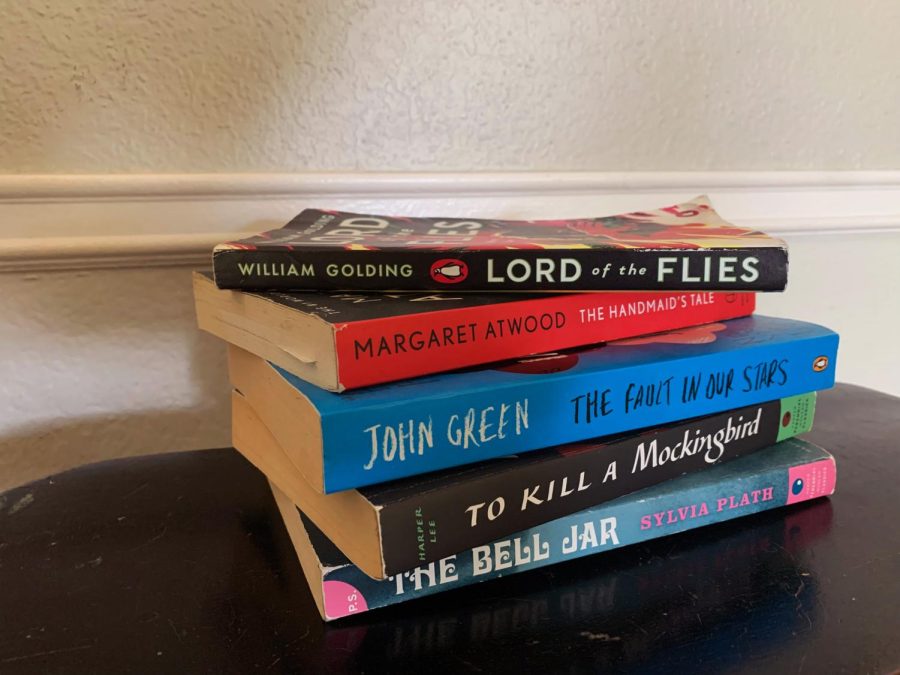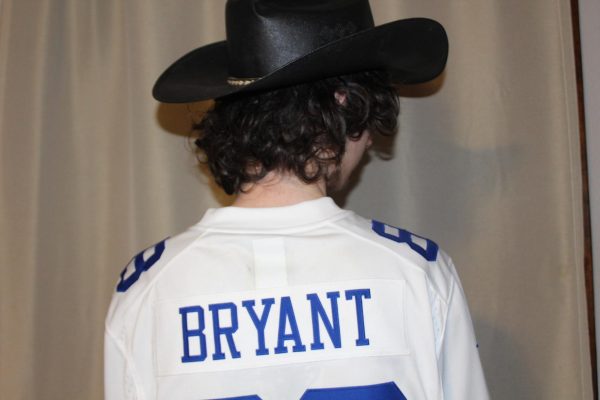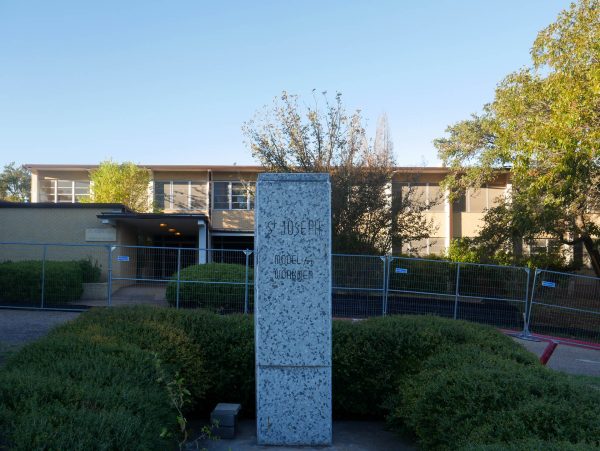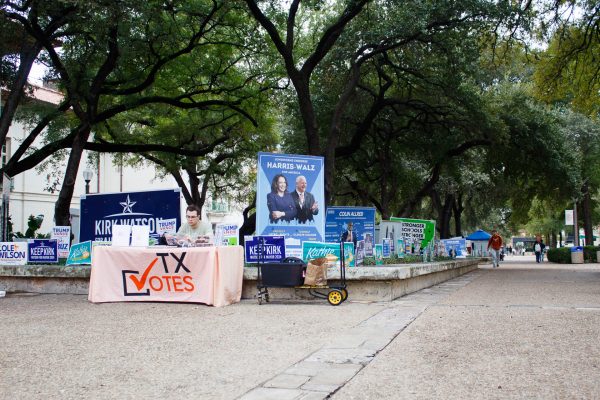OP-ED: Y’all means all, except in Texas
Claire Lawrence / Hilltop Views
The specific materials requested to be removed vary from place to place. Several familiar books that have been used in high school English curriculum are now being considered “banned books”.
In America, reading is fundamental unless the book is about LGBTQ rights, race or sex. Access to books in a public library should be a protected right under the First Amendment regardless of the content of the book.
The Republican party, however, has created an environment in the U.S. whereby conservative white Americans are encouraged to whitewash the history of the country by banning critical race theory (CRT) in classrooms and libraries as well as instituting an extremely biased analysis about what constitutes pornography. Critical race theory was coined by Kimberlé Williams Crenshaw. She defines it as “a way of seeing, attending to, accounting for, tracing and analyzing the ways that race is produced.”
“The ways that racial inequality is facilitated, and the ways that our history has created these inequalities that now can be almost effortlessly reproduced unless we attend to the existence of these inequalities,” Crenshaw says.
Banning CRT materials has led to an increase in public libraries having certain books removed from their shelves due to concerns about what is considered pornography. Recently in Llano, Texas, seven Llano County residents filed a federal lawsuit against the county judge, commissioners, library board members and library systems director for restricting and banning books from its three-branch public library system. The librarian who was initially asked to remove the specific books from the shelves was fired when she refused to do so. If this lawsuit, which is still pending in the courts, is unsuccessful, it would create a dangerous precedent with respect to censorship and our rights under the First Amendment.
Banning CRT materials has also led to an increase in racial injustices in the United States today. CRT challenges widely held but erroneous beliefs that “race consciousness” is synonymous with “racism”, and “colorblindness” is synonymous with the absence of racism. Color blindness, which is both an attitude and a school of thought, suggests that nonracial factors (e.g., income) fundamentally explain purportedly racial phenomena. Although abuses of race-conscious research (such as early eugenics research) have been noted, in truth, both race consciousness and color blindness can be deployed in ways that contribute to inequities. Only colorblindness, however, precludes explicit examination of racism’s potential contributions to inequities. Race consciousness is essential for understanding radicalized constructs and mechanisms.
Banning CRT materials has led to an increase in false narratives when it comes to LGBTQ education as well. One Texas lawmaker has launched an inquiry to identify books at public school libraries and classrooms about race or sex that might “make students feel discomfort”. State Representative Matt Krause, a Republican who is chair of the Texas House Committee on General Investigating, sent a letter notifying the Texas Education Agency about the investigation and asking several school districts to report which books in a list of hundreds of titles are owned by schools and how much money they spent acquiring those titles. In Krause’s letter, obtained by CNN and first reported by the Texas Tribune, he directs superintendents to identify the books listed as well as any other books relating to “human sexuality, sexually transmitted diseases, or human immunodeficiency virus (HIV) or acquired immune deficiency syndrome (AIDS), sexually explicit images, graphic presentations of sexual behavior” or material that “might make students feel discomfort, guilt, anguish or any other form of psychological distress because of their race or sex or convey that a student, by virtue of their race or sex, is inherently racist, sexist, or oppressive, whether consciously or unconsciously.” The lawmaker gave school officials less than a month to reply to his inquiry but did not indicate what the next steps in his inquiry would be.
Public libraries across the country are being taken over by Republicans and their censorship agendas they claim are protecting our children. In reality, they are stripping us of our first amendment rights without us even realizing. What we need to do to enact change in this matter is to vote in our local elections, join and serve on public library boards and make sure we visit our local public libraries and read.











